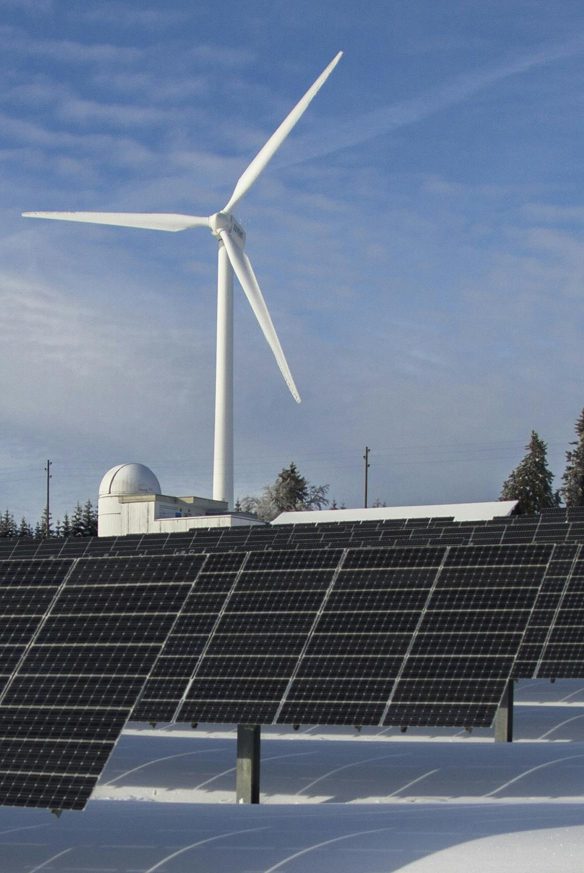

Protecting our nation’s critical infrastructure systems from attack is essential as threats of attack and security breaches can lead to serious consequences and costs. The Obexion range of high-security shutters are certified to LPS 1175 issue 8 E20 and is used in many sites around the country.
Surprisingly, the UK is using less energy than it did back in 1998 and more from renewable sources than ever before. This is entirely respondent of three activities:
Find out how Charter Global can protect your power station
For clarification, this page summarises the security procedures and solutions to any site, property or facility that play an imperative part in the process of storing, logistics and consumption of energy.
Despite this change, our reliance on imported energy has raised concerns over how secure our energy actually is. In a worst-case scenario, a loss of power to the UK will dramatically affect society and economic function, very possibly devastating the country. The Centre for the Protection of National Infrastructure (CPNI) identifies this as vital to the functioning of state and remains a key player in the security standards of these sites, networks, services, and systems.
At this level, attackers are almost always intruding with the intention of causing harm, such as crimes against the state. Regarded as a higher priority over opportunist criminals, petty crimes are not disregarded but rather presumed to not possess the skills or tools needed to penetrate the security measures in place for the higher risks.
Sites and facilities that host mission-critical power, therefore, require specific standards, of which Charter Global can accommodate. Beyond the risk of shutting down the country, damage to sites of this standing will be extremely expensive to rectify.
An assessment of risk is an important exercise for all applications when standardising security. The security of energy facilities can only be efficiently judged once the threats are determined to be targeted facility OR determined to be a critical threat to nation.
Whilst this may be an obvious divide, the risk profile for these are distinctly different as a threat to nation categorically includes sabotage and terror attacks. For CNI facilities under attack from large-scale espionage operations, the potential risk of damage is enough to bring society to a halt through power outages. This must therefore be considered a priority above else.
Whilst there is no one answer when standardising security, the solution must reflect the risk with measures integrated to provide as complete protection as feasibly possible.
Book a consultation to find out how we can assist you
Criminal activity on a smaller scale, including intruders with intent to disrupt a power station through bodily force and power tool attacks, should be identified at every stage of the facility’s lifecycle. From logistics to the storage right the way through to the consumption, in whatever form.
Energy facilities that deal largely with storage of materials such as fossil fuels and waste not only have strict guidelines centred around environmental and safety standards but are also very expensive to maintain.
For the experienced criminal looking to cause trouble, the value of this site is an attractive offering. Security measures must therefore be of a standard that incidents are effectively mitigated, both to protect the facility but also the criminal party from harming themselves in the process.
The energy situation in the UK is difficult to say the least. Almost all the UK’s energy suppliers are foreign following Government’s decision to privatise much of the public services during the Depression of 2003 – from public transport systems to the nuclear power station, the UK (or UK-based companies) have ownership of fewer than two-thirds. Posing several issues, the most critical concerns are essentially out of our control. However, there are many threats to energy infrastructure that we can mitigate.
Though there has been a noticeable increase of the use of guns within the UK, especially within the larger cities such as London and Manchester, a ballistic threat is not currently a priority for energy facilities (unless based in or near an area of conflict). Arson and blast risks prevail, specifically when the energy station has the potential to cause large loss of life. There is a range of blast-resistant products available for CPNI sites, all extremely heavy duty and impervious to threat. Testing and research & development have been heavily invested in within this sector, resulting in a number of products of the utmost security specification and standards.
These measures must act on a two-fold basis, from both deliberate attacks but also against site malfunctions. Facilities including nuclear power stations and fuel depots situated within cities are high-priority, whereas renewable energy plantations are less concerned with the threat of blast and much more so with theft and sabotage. Despite our overdependence on fossil fuels, many are still contrary to renewable energy such as wind turbines and hydropower stations. Arguments against include threat to the natural landscape, and cost – both powerful topics that have caused civil riots in recent history. Due to how expensive renewable power stations are to build and maintain, security measures must prevent unauthorised access and sabotage.
Charter Global offer several solutions for CPNI projects, please get in touch with our experienced team for further clarification.

